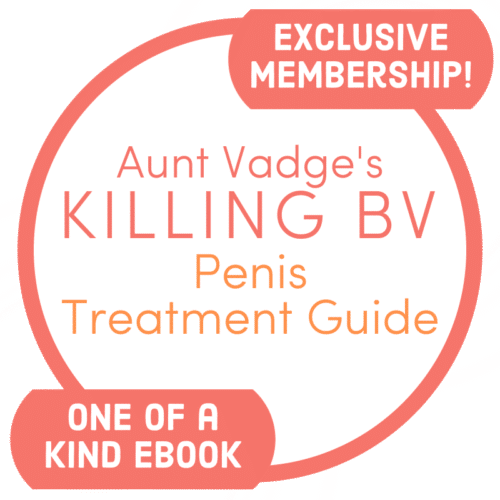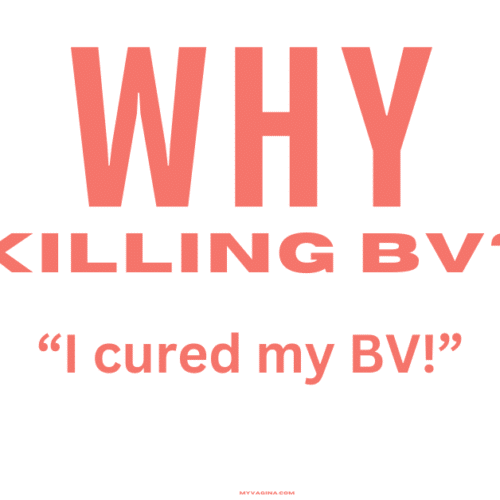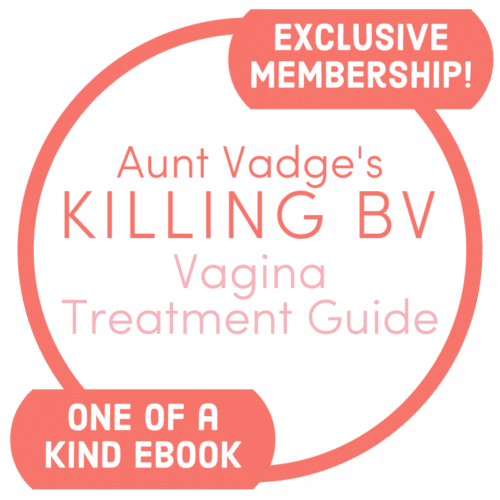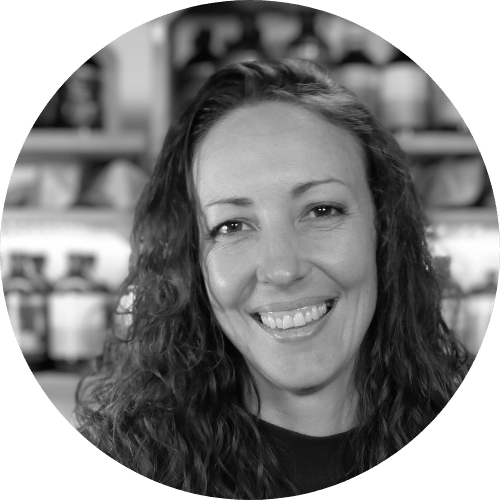Why duration matters when treating BV
When you are doing any kind of treatment for BV, having staying power against the microbes is critical. This means whatever treatment you do, go hard. Do everything possible all at once. Slam those dirty BV-causing microbes and force them to die, removing their biofilm at the same time.
The main problem we observe is that treatments don’t get done for long enough (no matter what they are – including the vinegars, peroxides, ham sandwiches or vitamin C), because the problem of the biofilm or the nature of microbes isn’t completely understood – generally with most health problems, if you treat yourself, you get results, but with BV, it doesn’t work quite as we think it should and it’s disappointing. Then we half-pie treat ourselves, and then nothing really works. Our self-treatment doesn’t work the way other self-treatments do.
Understanding the biofilm is critical in how we self-treat for BV, and keeping your staying power is key. This might mean treatments go on for months. Yes, months. Every day, acidifying, recolonising with lactobacilli, adding oestrogen where appropriate, and adding biofilm busters. These things must happen every single day, all day, because you are essentially trying to murder a very hardy bacterial colony that really wants to stay put.
Let’s think of it as if it was a person and do a study of ‘life’. Morose, sure, but let’s try to kill this person who is ruining our life. If we drown it in a pool, you have to hold its head under and not allow a single breath. A single breath keeps the person alive for another few minutes, and while the lack of oxygen may knock them unconscious, their brain can still be active for minutes longer. They are not really dead.
This applies for all our murder methods of microbes. You must ensure that death is complete and no resurrections are possible. Don’t let these bacteria have a single opportunity to survive. Use everything you know about the vagina and your microbes to aim for outright killing.
What we know
- Bad bacteria like it alkaline, so acidify them.
- Good bacteria like it acidic – so keep it acidic using false methods where possible until the problem is solved, 24/7 (boric acid works very well – leave the capsules up there).
- Good bacteria eat glycogen, which is produced when there is high oestrogen – ask your doctor for topical oestrogen and while you are treating this, insert the oestrogen too for good measure.
- Good bacteria work in teams – have a variety of microorganisms at hand to do your dirty work. Keep them up there all the time, spread on as many walls as possible.
- Make sure your gut is healthy – most bacteria originates in the gut, so having a healthy gut means this transfers to a healthy vagina, because microbes travel – move your bowels every day, eat 25-30g fibre each and every day, drink plenty of water, and move your body. Make your body a great place for a good microbe to live. They like a healthy environment.
- Stress blocks glycogen production in the vagina – deal with stress. Just do it. You have to learn how to do this anyway, so figure it out – we have the tools we need, for free, all around us – help is everywhere. Meditate, walk, sing, dance, laugh, be mindful, say thank you to the stars in the sky, relax. Breathe. Take a class if you don’t know how. You might hate it to start with, but consider it a necessary adjunct to healing your vagina.
While there is no 100 per cent sure way to get rid of the biofilm – each biofilm and microbial soup is different and unique to you – you must be intensive in any treatment you do. Still not a magic bullet, but if you understand the concepts, you can apply them to your treatments and push your vaginal microflora over the line. You only need to get over the line, because once lactobacilli take over, you are across the line and the rest is maintenence.





